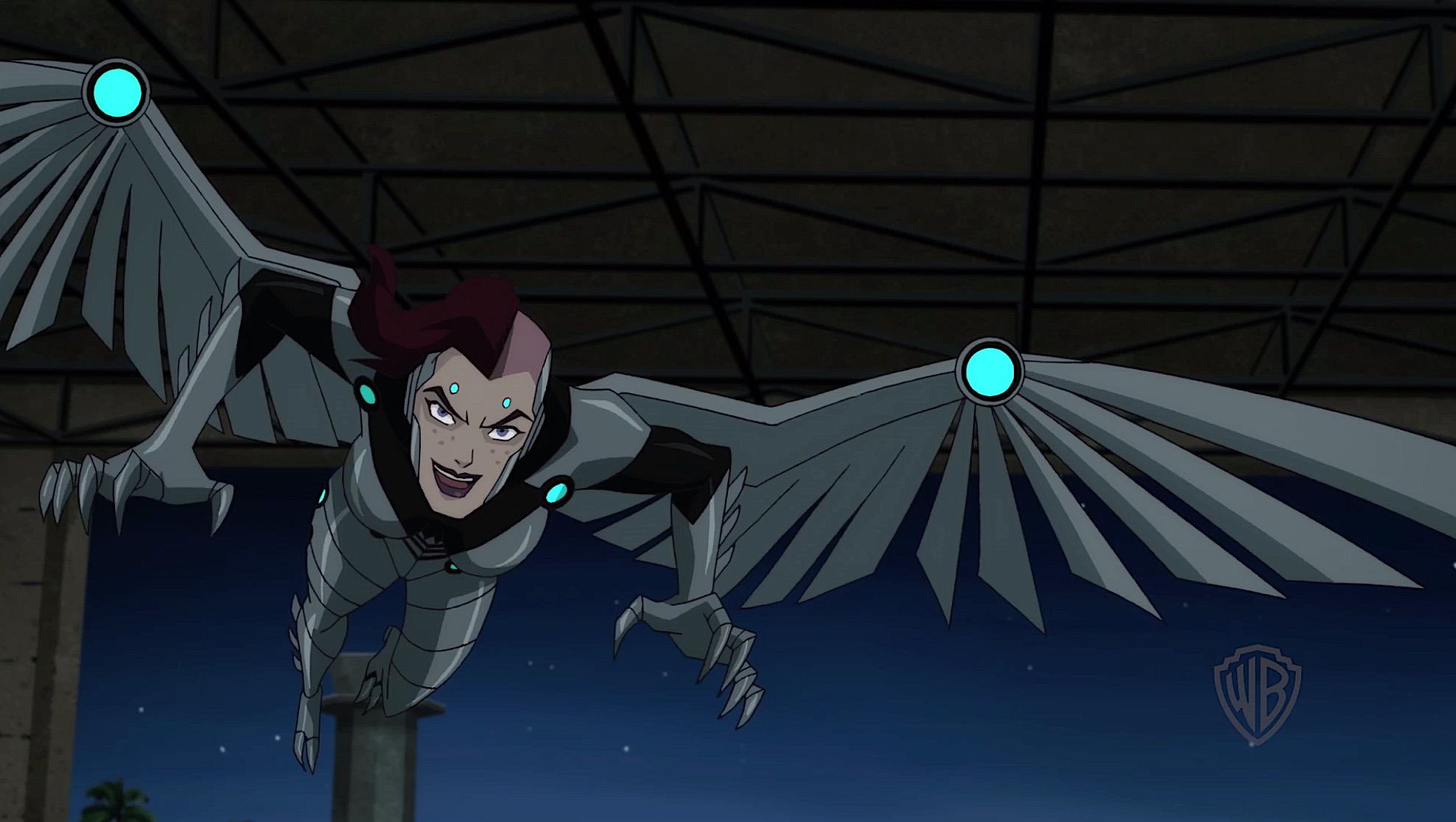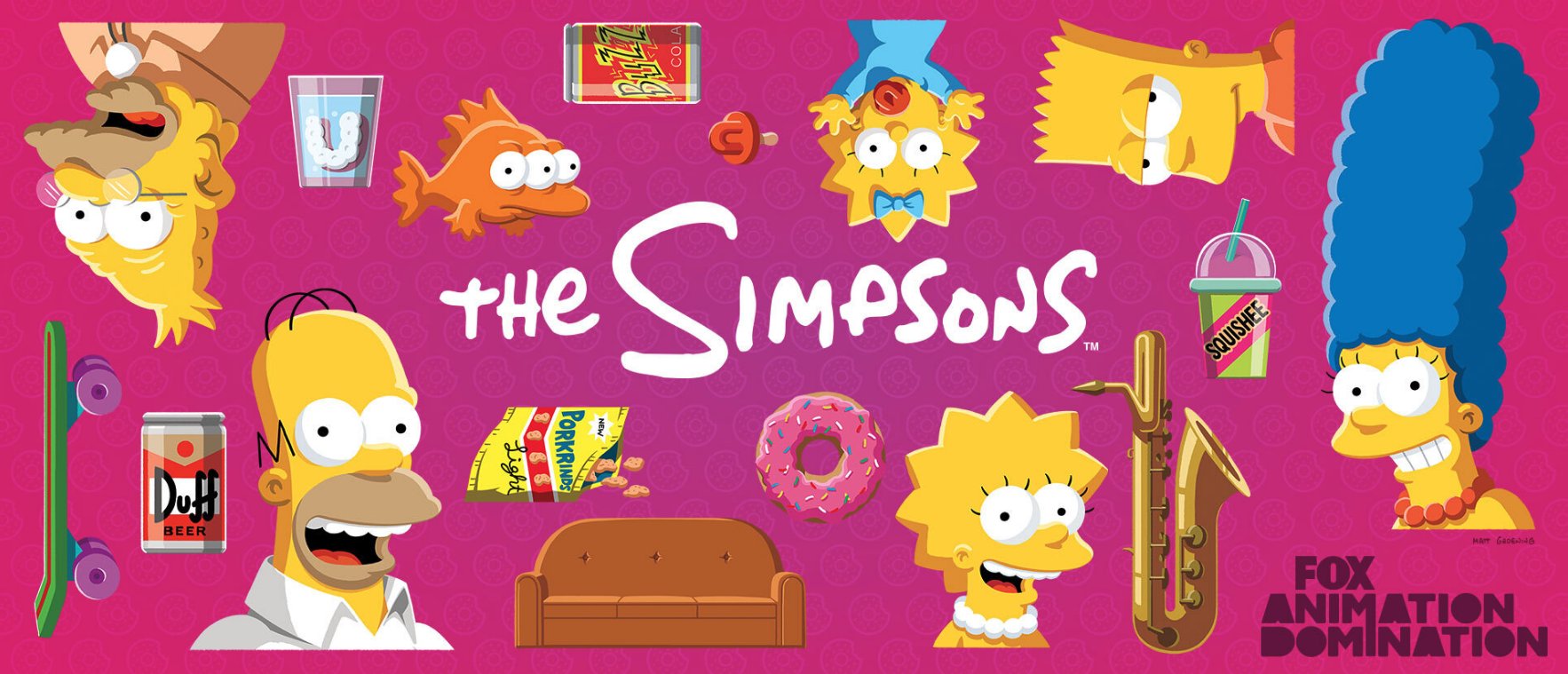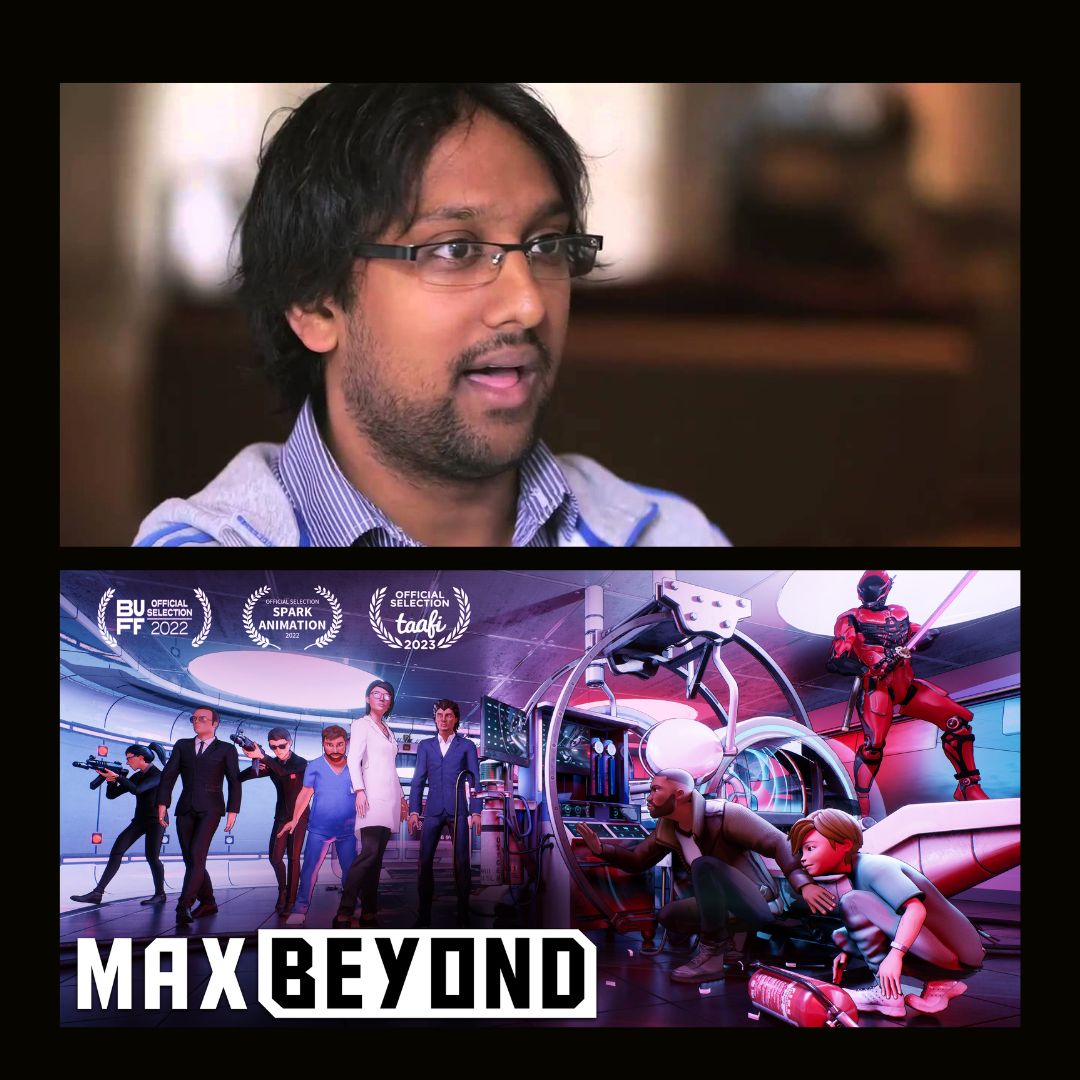NYCC 2019 Press Conference Interview: Wonder Woman: Bloodlines
We had a chance to chat with the cast & crew of Wonder Woman: Bloodlines ahead of the worldwide debut screening of the latest DC Animated feature-length. Here’s what everyone had to say about their role in bringing the film from concept to life.
Kayla Gleeson: How do you think Bloodlines will affect the DC Universe going forward?
Sam Tucker: I don’t know if it’ll affect it — I just hope it’s one more thing that says, “Hey, Wonder Woman needs a series!” I don’t care about the rest of the universe as far as the movies, because that’s fine. I mean, we got this because the Wonder Woman live-action movie was a big hit, and so I was like, “Yay!” And they don’t make us just make a movie of the live-action movie, they just say, “Make a Wonder Woman movie!” Which is great, because then I’m like, “Oh good, I can do stuff that hasn’t been done before.” Like I can use Dr. Cyber, I can use other villains they normally don’t. Like, this is about Silver Swan, and there’s no way a live-action movie would focus on Silver Swan. So I’m hoping it leads to more of the women superheroes getting a chance to support a movie, and luckily live action’s finally caught up. You know, you have the Birds of Prey movie, you’ve got a Harley cartoon coming, so I think it’s changing — not as fast as it should, but it’s changing step by step. So, you know, I would love to do more Wonder Woman movies. I love the character, I mean, like Superman and Batman, she’s a good jumping-off point for other characters that may be less known. I mean, I love Rosie Thorn. There are very obscure characters from way back when, but they’re really cool characters. So things like that — where you use the main character as a way to backdoor lesser-known characters into that universe and get the exposure they wouldn’t get on their own. Hopefully, it just leads to more Wonder Woman everything. That’s what I’d like.
Kayla Gleeson: Were there any real fun, memorable moments working on the film that you can recall?
Justin Copeland: I built this gigantic 3D background in the area where they are — that was cool. Directing some of the fights! Jake Castorena, who directed Batman VS Teenage Mutant Ninja Turtles — he’s one of our board artists, and I love when I get to work with Jake. He’s a monster fight choreographer — which in that movie you can see. He boarded this fight between Wonder Woman and Cheetah that was fan-damn-tastic. It was amazing. There was a lot of stuff we had to take out, like, “They’re not gonna animate her hands doing that, bro.” Working with him on that scene was a blast. Elsa Garagarza, she’s also a director, she boarded a lot of my fight scenes in Hush. All the Nightwing fight scenes, she did those in Hush, but she did a bunch of fight scenes here. That was cool. Act Three in this movie is gigantic. It’s huge! It’s a lot of fun, but it’s equally as difficult.
Kayla Gleeson: Were there any pieces of writing that inspired how you went about writing Wonder Woman’s character?
Mairghread Scott: Yeah! I really love the Rucka-Johnson run, so I really try to pull a lot from that, because that was one of my favorite runs of hers. I try to pull in some of the Bronze Age Wonder Woman, some live action in terms of tone because I felt like a lot of our audience, that was going to be their first exposure for Wonder Woman cinematically. So we’re in tandem with the other DC animated movies, but I wanted it to be that if you’ve only ever seen the live-action movie, she didn’t feel like a totally different person — and she’s not that far from the DC animated movies, but I wanted to try and bridge that and make it feel like it was a nice mesh. So like, those are sort of the three sources I was trying to pull from — and you always wanna try to put your own spin on things.
Kayla Gleeson: Did you ever find yourself relating to Silver Swan?
Marie Avgeropoulos: Yeah! I definitely can relate. I was gothic in high school at one point. I wore a dog collar around my neck. That happened — I just said that out loud — yup, that happened. I could relate to just being that rebellious teenage girl. I was her at one point. I’m like, “Did the writers know that? Is this a coincidence? Weird.” I appreciate how she can take bravery, even in the face of fear, and still move forward. I think that’s a pretty solid message to send out there to women — to anyone, really.
Kayla Gleeson: As compared to other characters you’ve played, what were the challenges of this one?
Courtenay Taylor: I have played bad characters, voice wise, for a long time. I actually get to kind of play both sides of the field in really heroic characters, and also some villains. I love playing people who are struggling with the light and the dark. So I love that tension, that teetering where you’re not really sure where they’re gonna go. Obviously, Dr. Poison, you’re pretty sure where she’s gonna go, but to bring that humanity and pain that I think that she feels to the party.
Mozhan Marno: I don’t do a lot of voice work, so that’s different, and it’s a totally different process. You’re alone in a recording studio with a director, but not with any other actors, so you have to kind of generate the scenario and relationship with the character and hear the other lines in your head, and respond to something that’s not there. It’s a completely different process.
Kayla Gleeson: How do you feel about the progression of Wonder Woman?
Rosario Dawson: Wonderful! I think it’s a character that’ll continue to have new iterations. I imagine Wonder Woman twenty-five years from now and how different that Wonder Woman will be, and like, she’s a character that continues to exist in our modern world. So we can continue to adapt her because she’s not just going to age and die like the rest of us. She’s gonna stick around like Captain America, and other different kinds of characters like that — or so you hope. So it’s just fun — I got to voice Lego Batgirl and we got to poke fun at Batman! We’ve gotten so far that we’ve come back around to just being like, “Dude, you’ve got so much money, why are you fighting petty crime in a bat-suit? Go and pay for some stuff.” So it’s great that we continue to get to go back and revisit why we love these stories inter-generationally, but also continue to push them to be interesting for us in the future and adapt them to a new world, and I think that’s a beautiful thing for us to have to do. You know, not taking anything for granted, and recognizing that even an iconic character can be adapted, and evolve, and grow. People will criticize like, big-tech movies, like, maybe they’re just entertaining, but look at all the community that’s brought from it. This transcends age, it transcends the gender spectrum, it transcends culture, it transcends borderlines, it’s inter-generational. My grandmother loved Wonder Woman. Like, it keeps going, and when we have a touchstone like that to go back to and revisit and challenge ourselves like, “What would you do in that situation?” and what it inspires in you, I think it’s a really powerful tool.
Read our review of Wonder Woman: Bloodlines






















Hi Ashley, thank you so much for reading and we love the feedback. Note that on that day we had 14th posts go up and only ten posts show on the front page, so it's possible the preview had already been archived by the time you got to it. One recommendation would be to add our RSS feed to your favorite news aggregator service like Feedly, this way you get all of the latest posts!